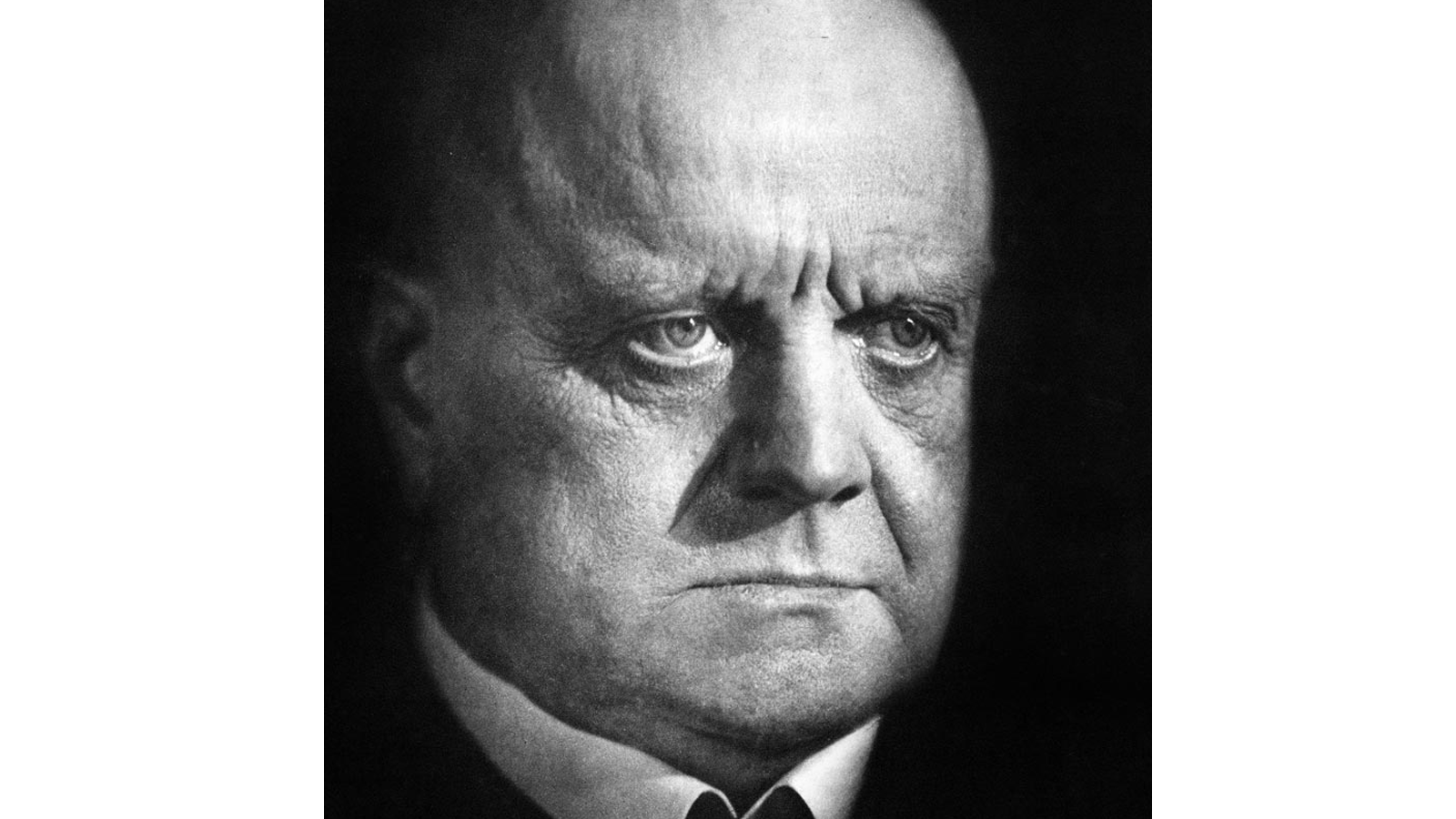
No. 19
Sibelius: Finlandia

That Sibelius’ tone poem celebrating Finland’s struggle for independence from its overwhelming, oppressive neighbor Russia should find its way on to WNED Classical’s Top 40 is a result of the post WWII investment in classical music and its “appreciation”. What began as an opportunistic piece of beautifully crafted patriotic sentiment, initially introduced in 1899 as a kind of protest against Russian censorship of the Finnish press, has become an international icon of national freedom.
It helps that Finlandia is a short work with a double punch. It begins with exciting music that depicts a kind of elemental struggle that blooms into a melody that can only described as hymnal or anthem like, noble and uplifting that begs for a lyric of high purpose. Indeed, a number of different lyrics have been grafted on to the powerful sinews of this melody as the years since its composition have gone by.
With the powerful and inspiring story of its inception, Finlandia has always been a piece that immediately captures listeners. Sibelius was not unaware of the unique power of this short piece, and he used it to his own (and Finland’s) advantage by arranging for it to be played during the Olympic Games in Paris 1900, a venue that launched it as an international favorite. But it wasn’t until Hi-Fi recording surfaced in the 1950s that Finlandia took off as a classic favorite, well known beyond bounds of devoted classical listeners, while at the same time, because of its inherent quality, still favored by even the most discriminating of listeners… like the listeners to WNED Classical.
Top 40 Countdown
A few years ago the listeners to WNED Classical told us what they thought a TOP 40 list of Classical pieces should be. Six hundred and twenty-two different pieces were put forward, and over nine hundred listeners participated. The result, The WNED Classical Top 40, was both startling and comforting. There were a number of surprises, Stravinsky and Copland made the list; Mendelssohn and Schumann did not! It was comforting to know that the two most popular composers were Beethoven and J.S. Bach. The biggest surprise of all was the piece that crowned the list as No. 1.